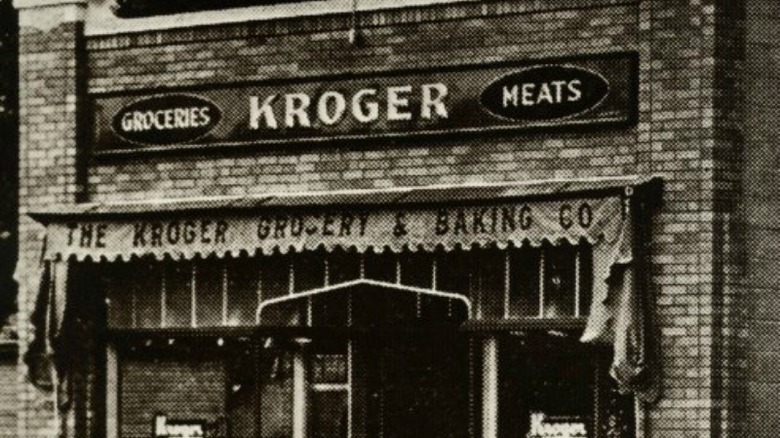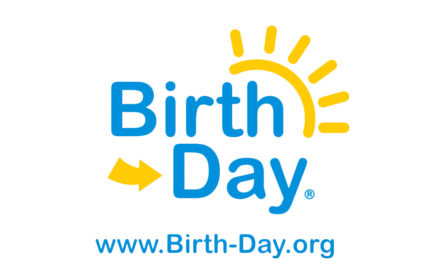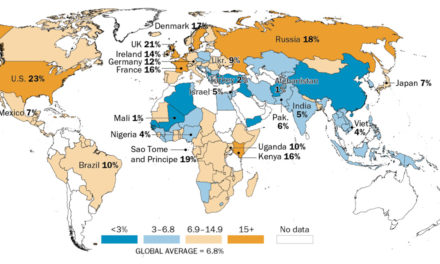News broke last week that grocery giants Kroger and Albertson’s plan to merge – a move that would create a mega company bringing in a collective $209 billion annually across nearly 5,000 stores.
In addition to its parent name, Kroger operates stores under a variety of brands, including King Soopers, Ralph’s, Dillons and City Market. Albertson’s also owns such markets as Safeway, Vons, Tom Thumb and United Supermarkets. By combining forces, only Walmart would be larger.
According to reports, the impetus for the merger is rising prices and inflation. It’s economics 101 – the larger the company, the greater its buying power to negotiate better prices. American families are currently paying 11% more for food this year compared to last – but that’s only an average. As consumers, we know many popular products are exponentially more expensive.
Grocery shopping in America is both a blessing and burden. While the higher prices may fluster and frustrate us, the sheer volume, accessibility, and convenience of food today would astound our forefathers. Shopping for food just over a hundred years ago was a very different experience. First, there was no such thing as a “supermarket.” We shopped in locally owned stores, and many of them. One stop shopping didn’t exist. There was the local bakery and the butcher, for example. The first massive store dates back to 1930 in Jamaica, NY, – and it was started by a former employee of Kroger Grocery.
Who was Mr. Kroger?
Bernard “Barney” Kroger was born in Cincinnati, Ohio, just prior to the Civil War in January of 1860, the son of a dry goods retailer and a devoutly Christian mother. Both of his parents were recently arrived German immigrants who had come to America in search of a better life. When the “Panic of 1873” collapsed the American economy, Barney’s father lost his store – and the 13-year-old boy was forced to quit school and take a job working to help the family. But then came the news he had to work Sundays – and his mother objected. Respecting his mother’s wishes, Barney quit and took a job where he could control his days and hours selling tea door-to-door.
But a dispute over pay prompted Barney to eventually quit and start his own venture. “The Great Western Tea Company” opened in 1883, and quickly expanded to four stores. By the turn of the century there were forty of them – and he incorporated under the name “The Kroger Grocery and Baking Company.”
Barney would marry Mary Emily Jansen, and together they would raise seven children, four girls and three boys. Tragically, Mary and their oldest son would die of diphtheria.
Innovative and industrious, Barney Kroger poured his sorrows into his work and go on to open bakeries within all his stores – the first grocer to do so. He also purchased a meat processing and packing company, which enabled his stores to offer fresh meat to customers.
Expansion and growth came with great financial rewards – but also risks. Smaller outlets grew frustrated. A note one day arrived at his home in Cincinnati. “If you don’t raise the price of bread at once you will be killed or shot.”
Kroger was unfazed – he expanded the bakeries.
Barney Kroger would go on to sell his company to Lehman Brothers in 1928 for $28 million – the equivalent of nearly $450 million today. He gave each of his children $1.5 million, which would be nearly $16 million in 2022 dollars.
It remains an open question whether Kroger and Albertson’s will merge, an outcome dependent upon a variety of factors, include federal regulator review. But what is clear is that the Kroger success is but one more quiet example of Christianity’s positive influence on American business. In his later years, Barney would credit his believing mother with instilling in him a deep sense of self-discipline, which enabled him to manage and expand the company. And what might have come of Barney’s career if his mother hadn’t objected to him working on the Sabbath?
Pandemic related supply chain issues and closures put increased scrutiny and pressure on our supermarkets, many of which are staffed and supplied by Christians who are working hard to serve their customers and provide for America’s families. We owe them a debt of gratitude and the assurance of our ongoing prayers.






